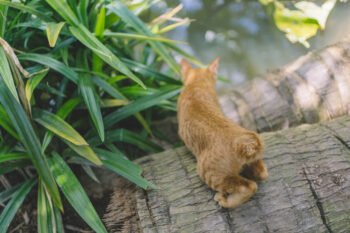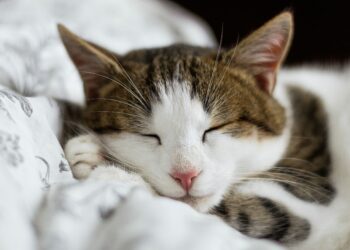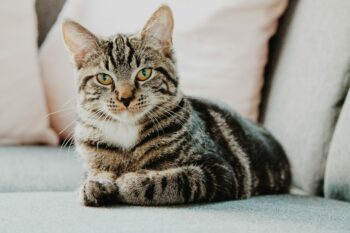Cats are strict meat-eaters, carnivores, and they require relatively higher amounts of dietary protein and fat than do omnivores such as dogs and humans. However, carnivores do not live by meat alone; they still have complex nutritional needs, and cats must be fed a diet specifically formulated and balanced to meet those needs. While the nutritional content of different brands of cat food may vary, cat foods formulated to meet the Association of American Feed Control Officials (AAFCO) nutrient profile should contain adequate amounts of the following components.
- Proteins
Unlike dogs, who convert mostly carbohydrates and fats for energy, cats meet most of their energy needs with protein. Cats therefore require significantly more protein in their diets than do dogs (or, for that matter, humans). Kittens, who are growing rapidly, require even more protein than do adult cats. The building blocks of proteins are called amino acids, about 30 of which are required by of all animals. Although some can be synthesized by the body (as long as there is adequate dietary nitrogen), others







